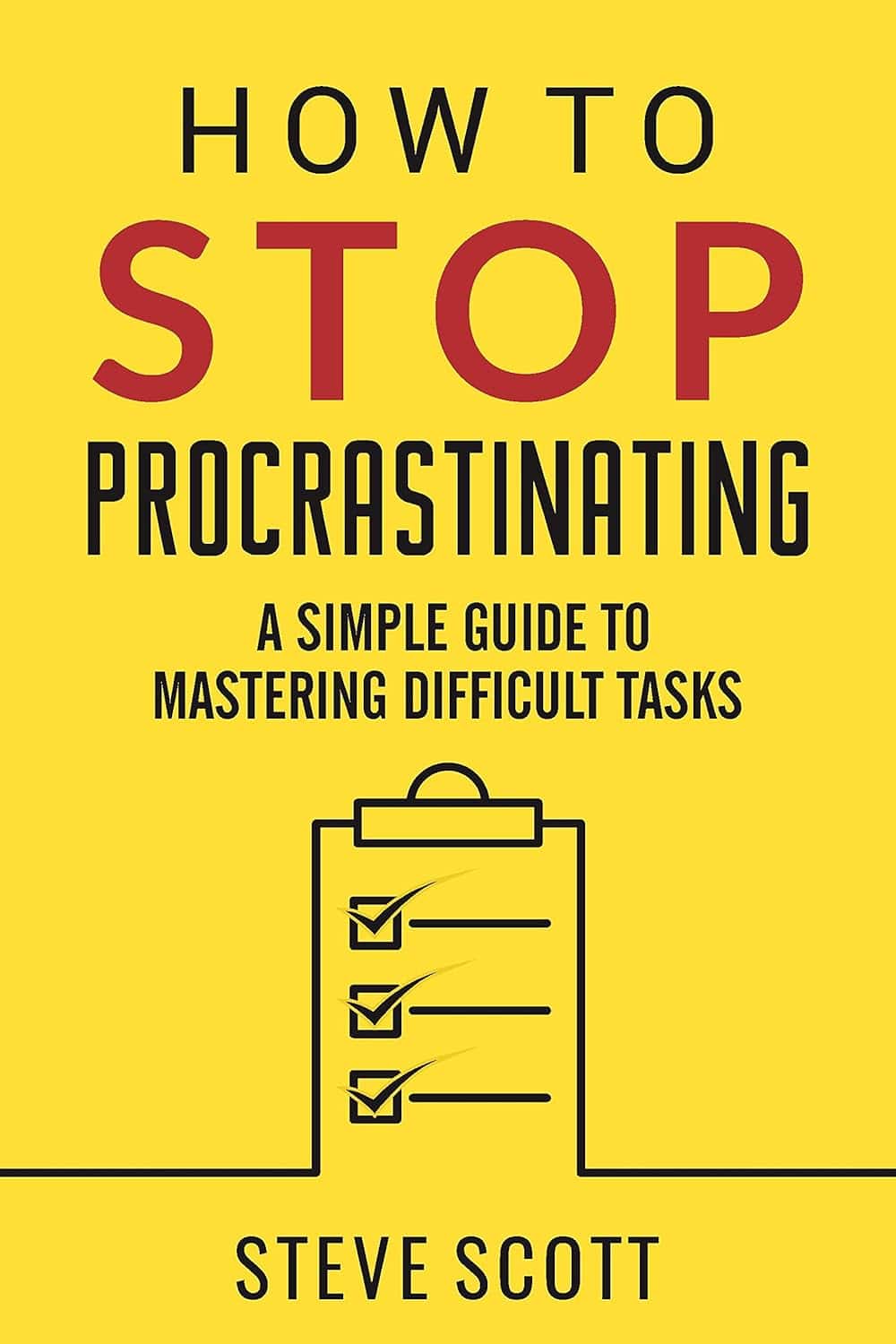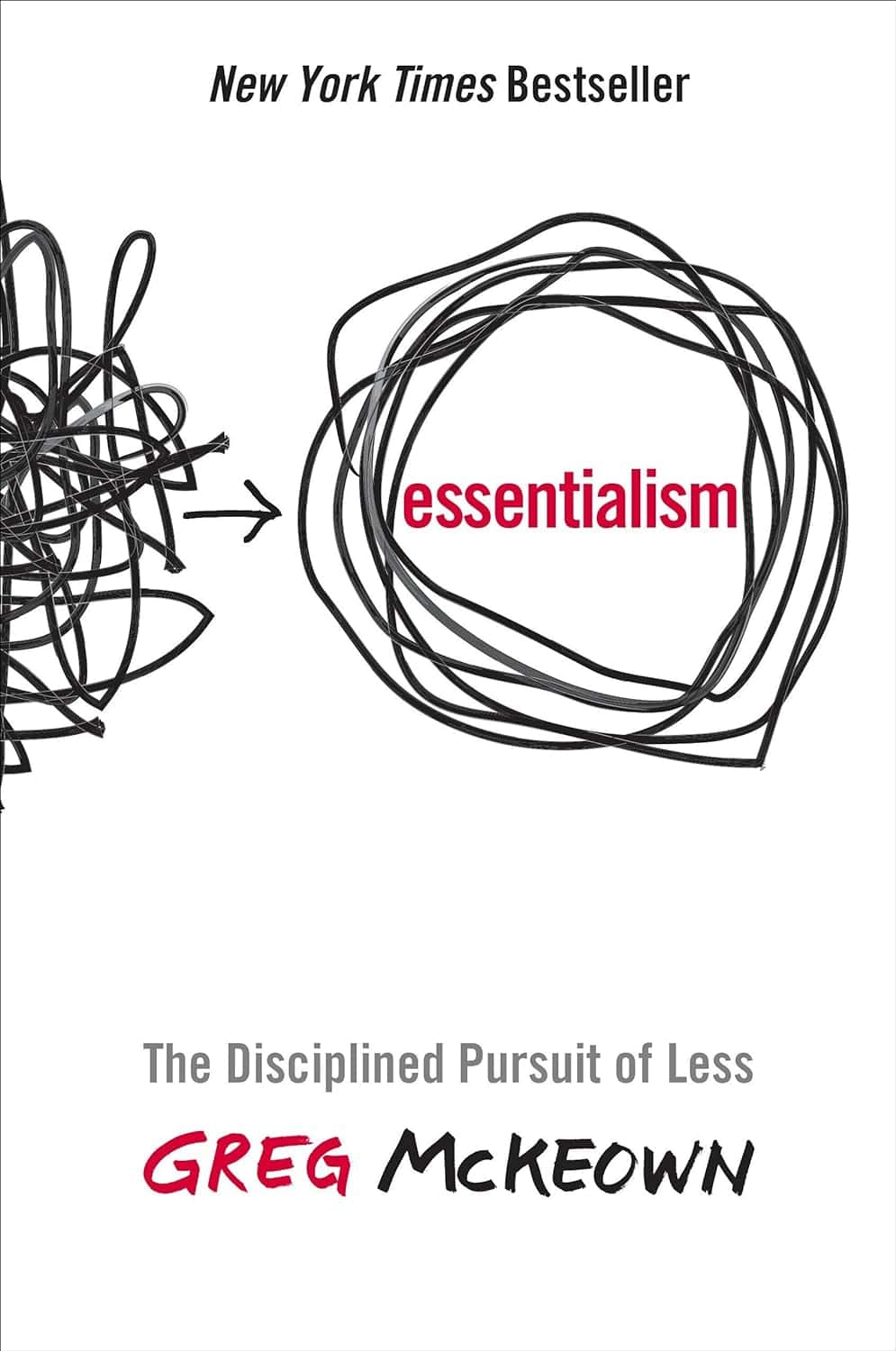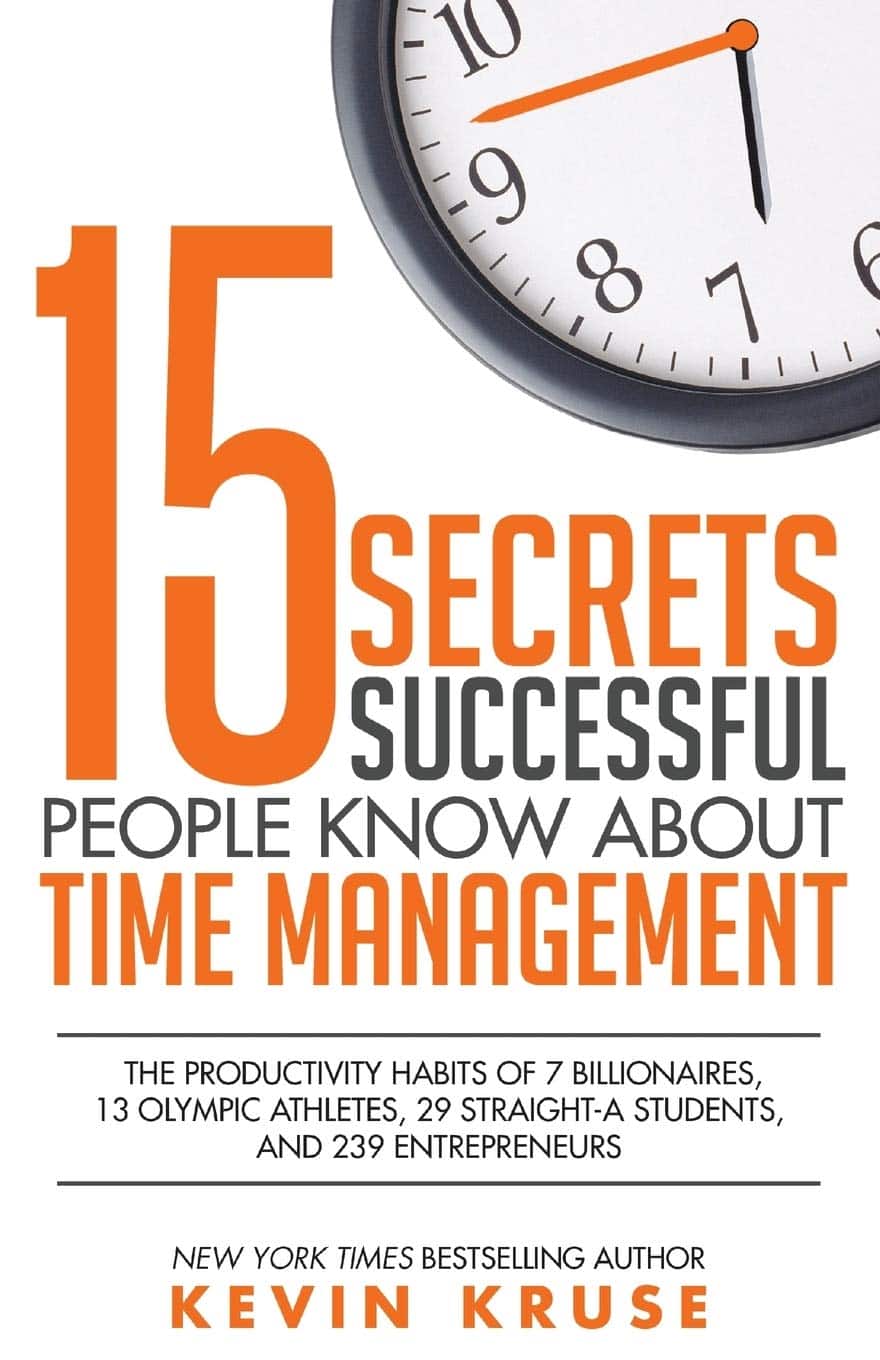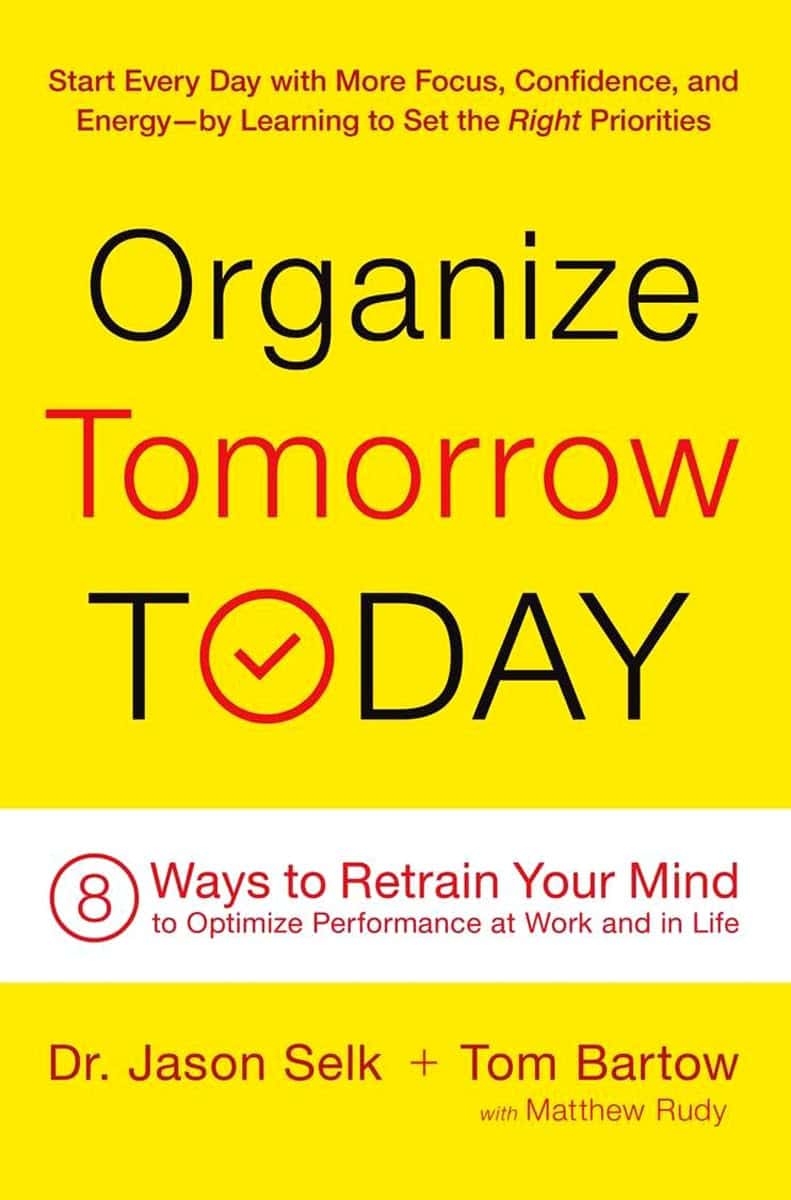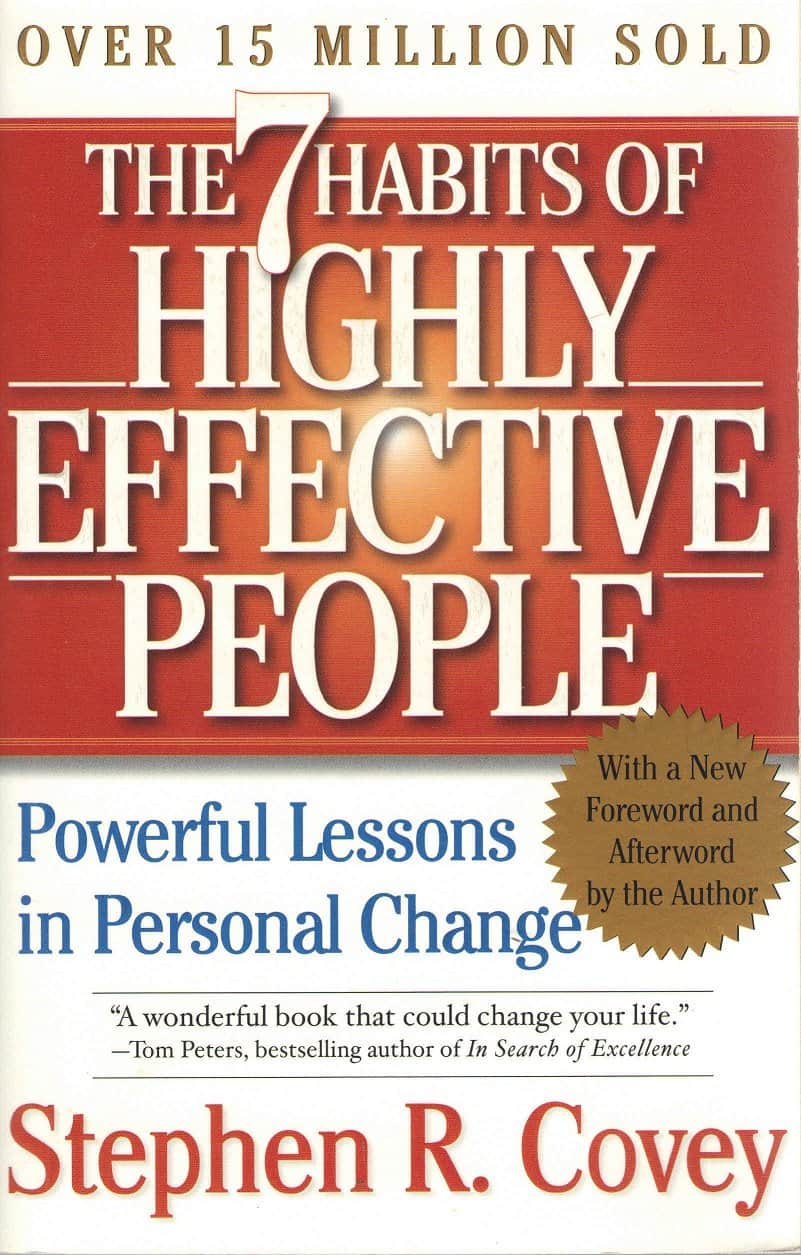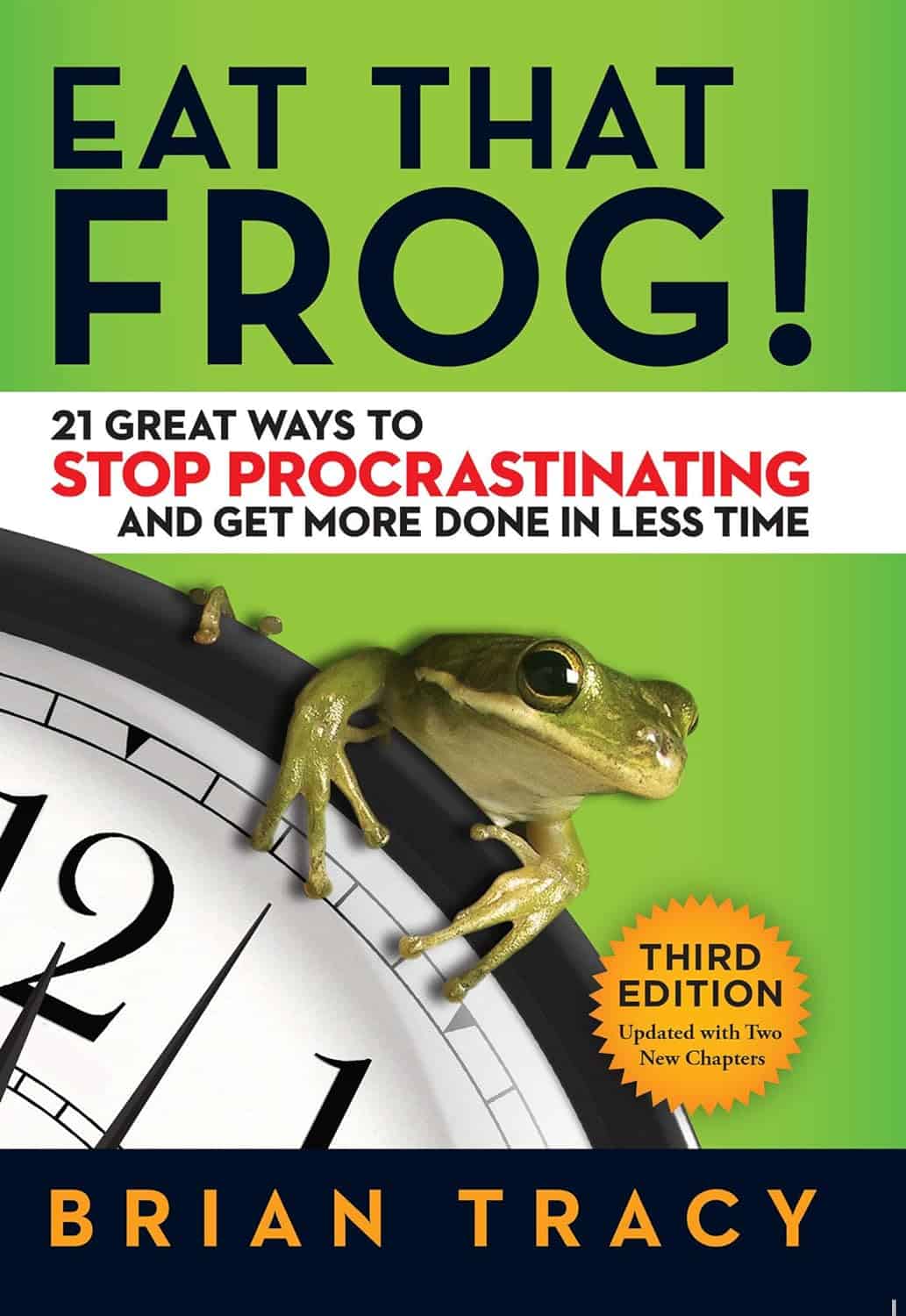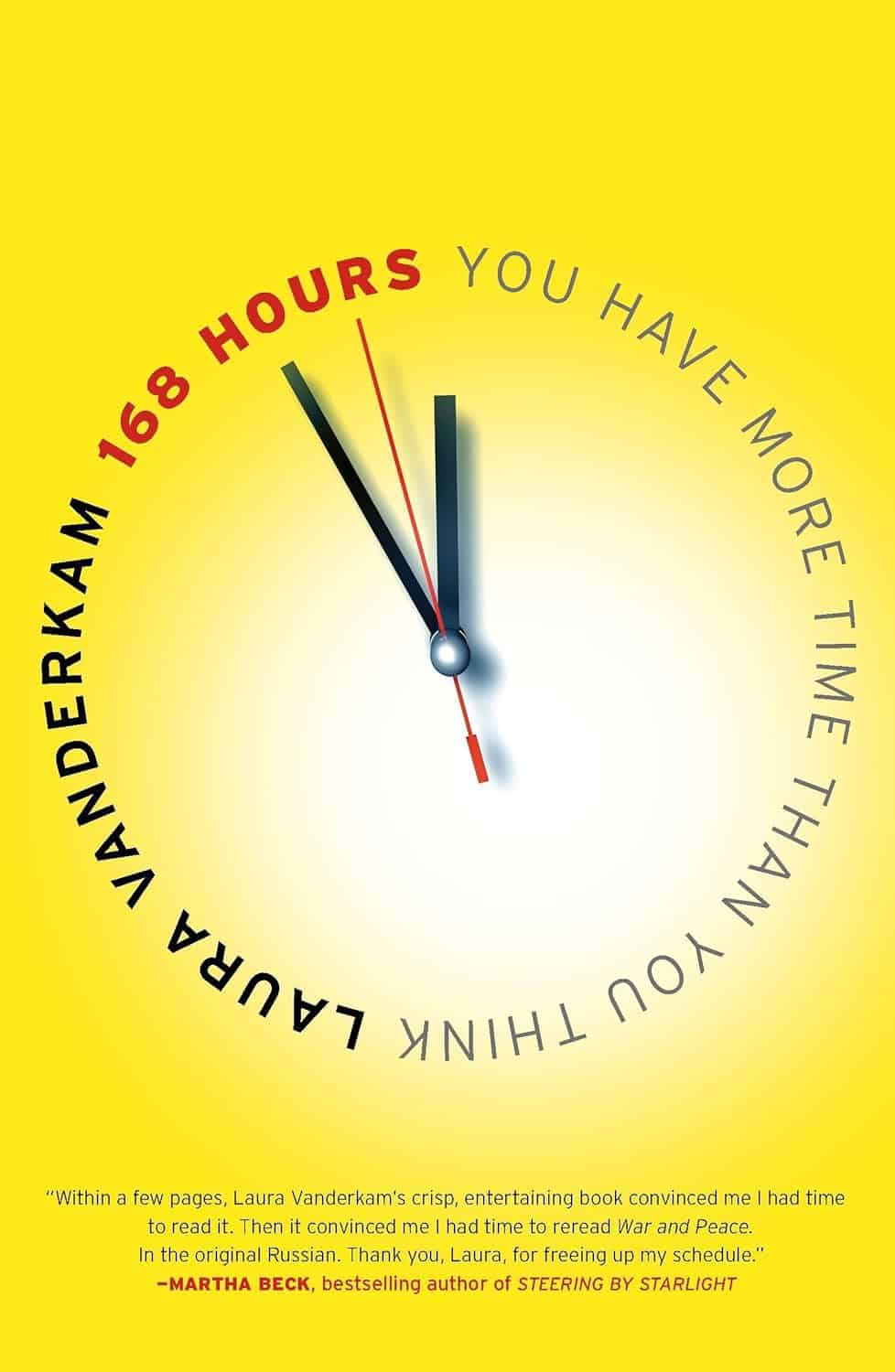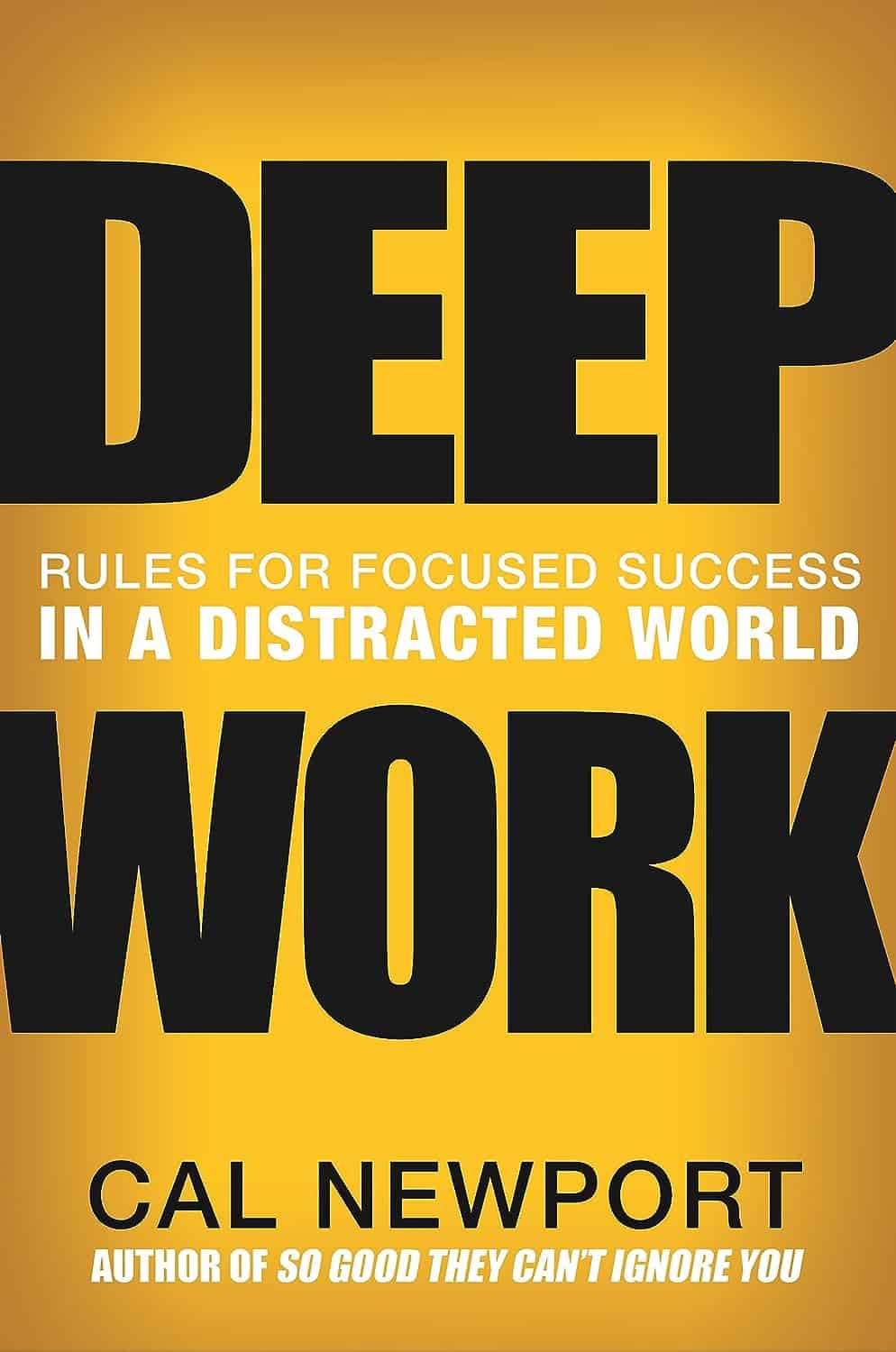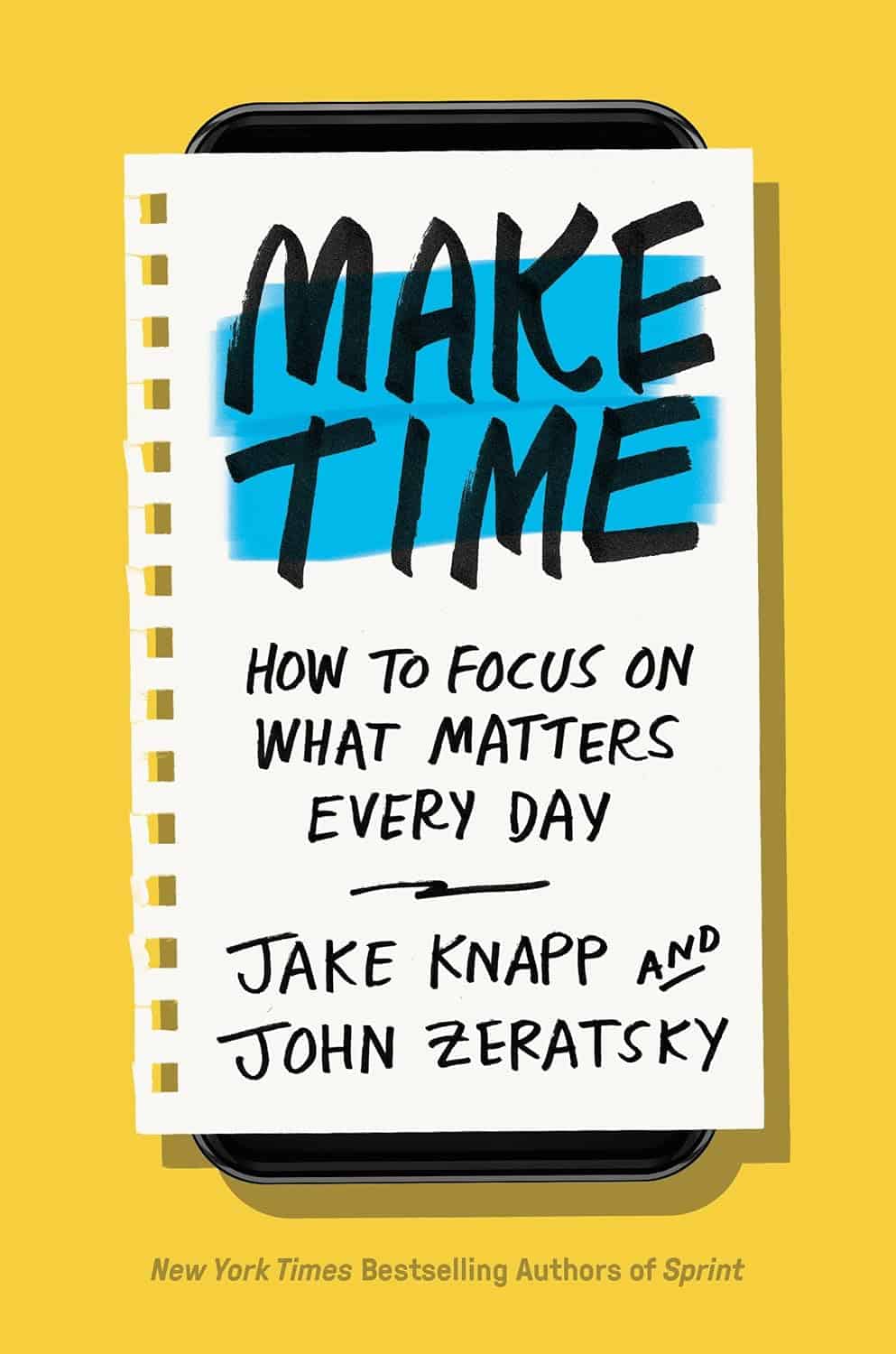Entrepreneurs face the challenge of managing time effectively while maintaining their self-discipline in the midst of numerous distractions. As an avid reader, the author of this article has found that the best way to improve productivity skills is through reading books. To simplify the process, the author has compiled a list of the 15 best time management and productivity books of all time.
1. Mastering Difficult Tasks and Breaking the Procrastination Habit
“How to Stop Procrastinating: A Simple Guide to Mastering Difficult Tasks and Breaking the Procrastination Habit” by S.J. Scott is a practical guide that offers a specific framework to overcome procrastination and become action-oriented. Scott shares his own experiences of how he overcame procrastination and explores the main reasons why people procrastinate.
The book provides straightforward advice that is easy to follow, encouraging readers to take a step-by-step approach to overcome procrastination. The key takeaway is that procrastination limits success in various ways, and addressing this issue is crucial to achieving major goals.
Overall, “How to Stop Procrastinating” is a valuable resource for anyone struggling with procrastination. The book’s simple yet effective strategies can help readers break the procrastination habit and achieve success in their personal and professional lives.
2. “Essentialism: The Disciplined Pursuit of Less” by Greg McKeown
According to Greg McKeown’s book Essentialism, the key to productivity is the ability to distinguish between what is essential and what is not. The book guides readers in prioritizing tasks and eliminating non-essential work, allowing them to focus on what is most important.
McKeown emphasizes that essentialism is not simply about doing less for the sake of less, but rather about making the wisest possible investment of time and energy in order to operate at one’s highest point of contribution. By doing only what is essential, individuals can achieve greater productivity and success.
McKeown’s philosophy aligns with the idea that discipline is necessary for success. By having the discipline to focus on what is essential, individuals can avoid distractions and make the most of their time and energy. This approach can lead to greater efficiency and effectiveness in both personal and professional settings.
3. “15 Secrets Successful People Know About Time Management- The Productivity Habits of 7 Billionaires, 13 Olympic Athletes, 29 Straight-A Students, and 239 Entrepreneurs” by Kevin Kruse
Kevin Kruse, a well-known author and entrepreneur, conducted a study asking 200 successful individuals about their number one secret to productivity. From his research, Kruse discovered that these individuals shared 15 secrets that contribute to effective time management.
Some of the key secrets include focusing on minutes instead of hours, doing one task at a time, avoiding to-do lists, and beating procrastination with time travel. Successful people also prioritize their personal lives by making it home for dinner, using a notebook, and processing emails only once a day. They avoid unnecessary meetings and say “no” to almost everything, following the 80/20 rule and delegating most tasks.
Creating theme days, touching things only once, establishing and following a morning routine, and maintaining their energy through sufficient sleep and healthy eating are also crucial habits of successful people.
Kruse emphasizes that successful people do not think about time as much as they do about values, priorities, and consistent habits. By adopting these habits, individuals can improve their productivity and achieve their goals.
4. “Surge: Your Guide to Put Any Idea Into Action” by Matt Kane, Steve Garguilo and Sergiy Skoryk
“Surge” is a book that provides readers with strategies to turn their ideas into reality. The authors, Matt Kane, Steve Garguilo, and Sergiy Skoryk, understand that many people sit on their ideas waiting for the perfect opportunity to act.
However, they emphasize that there is no such thing as the perfect moment and encourage readers to take action. The book’s key quote, “If you want something different, it’s time to do something different. It’s time to act,” highlights the authors’ message of taking action to make a change.
5. “Organize Tomorrow Today: 8 Ways to Retrain Your Mind to Optimize Performance at Work and in Life” by Dr. Jason Selk and Tom Bartow
Dr. Jason Selk and Tom Bartow’s book, “Organize Tomorrow Today,” offers eight effective ways to optimize organization and maximize time. The book emphasizes the importance of setting process-oriented goals to break bad habits and focus on consistent performance.
According to the authors, success is not about brilliance but consistency. By following the strategies outlined in the book, individuals can retrain their minds to optimize performance at work and in life.
The eight ways to optimize performance include developing a plan, establishing priorities, focusing on process goals, managing time, creating a positive mindset, improving performance through visualization, enhancing energy, and developing mental toughness.
6. “The 7 Habits of Highly Effective People: Powerful Lessons in Personal Change” by Stephen R. Covey
“The 7 Habits of Highly Effective People” is a self-help book that has been widely regarded as a must-read for anyone looking to improve their productivity, both personally and professionally. The book emphasizes the importance of developing new habits rather than simply eliminating bad ones.
Covey suggests that defining goals and priorities is crucial for success. He uses the analogy of a jar, where the rocks represent the most important things in life, the pebbles represent the less important things, and the sand represents the trivial things. If you start by filling the jar with sand or pebbles, the rocks won’t fit. However, if you begin with the rocks, there is enough space for everything else.
One of the key takeaways from the book is the importance of scheduling priorities rather than just prioritizing what’s on your schedule. Covey suggests that by doing this, you can ensure that you are always working towards your most important goals. The book has been highly praised for its practical advice and clear writing style.
7. “Eat That Frog!: 21 Great Ways to Stop Procrastinating and Get More Done in Less Time” by Brian Tracy
Brian Tracy’s “Eat That Frog!” is a self-help book that provides readers with practical techniques to combat procrastination and improve time management skills. The book is inspired by a famous Mark Twain quote, which suggests tackling the most challenging task in the morning to make the rest of the day easier.
Tracy emphasizes the importance of setting goals, getting organized, and applying the “Law of Three,” which involves identifying the three most important tasks to complete each day. He also discusses the 80/20 Rule, which suggests that 20% of your efforts will produce 80% of your results.
The author emphasizes that changing the way you think, work, and deal with responsibilities is crucial to gaining control of your life. Tracy encourages readers to stop doing unimportant tasks and focus on the few activities that can make a significant difference.
8. “168 Hours: You Have More Time Than You Think” by Laura Vanderkam
Laura Vanderkam’s book “168 Hours: You Have More Time Than You Think” challenges the common belief that there is never enough time in a day. Vanderkam argues that everyone has the same 168 hours in a week and that successful and happy individuals find creative ways to make time for what is important to them.
Vanderkam draws from real-life stories to show that many people who claim to be overworked actually work less than they think and that many of their work habits are inefficient. According to Vanderkam, calling something “work” does not necessarily make it important or necessary.
9. “Deep Work: Rules for Focused Success in a Distracted World” by Cal Newport
In his book “Deep Work: Rules for Focused Success in a Distracted World,” Cal Newport introduces the concept of deep work, which refers to professional activities performed in a state of distraction-free concentration. This type of work pushes cognitive capabilities to their limits and creates new value while improving skills. However, in today’s increasingly distracting world, achieving deep work is challenging.
To overcome this challenge, Newport outlines specific disciplines that transform one’s mind and habits to concentrate and dive into work. For instance, he emphasizes the need to work for extended periods with full concentration on a single task free from distraction to perform at one’s peak level.
This book offers valuable insights for individuals seeking to improve their productivity and achieve success in their professional lives.
10. “Make Time: How to Focus on What Matters Every Day” by Jake Zeratsky and John Knapp
“Make Time” by Jake Zeratsky and John Knapp is a must-read for anyone looking to increase their productivity and focus on what truly matters. The book provides a unique and friendly approach to time management, emphasizing the importance of prioritizing one task per day and avoiding distractions.
The authors encourage readers to believe in their chosen priority, highlighting its worth over random disruptions. This book is an instant classic and a valuable resource for anyone looking to make the most of their time.
Summary
This article highlights 15 of the best time management and productivity books of all time. The books cover a range of topics including goal setting, prioritization, focus, and organization. Each book provides practical tips and strategies to help readers improve their productivity and achieve their goals.
The list includes classics such as “The 7 Habits of Highly Effective People” by Stephen Covey and newer titles such as “Atomic Habits” by James Clear. Whether you are a student, professional, or entrepreneur, these books offer valuable insights to help you manage your time more effectively and increase your productivity.
